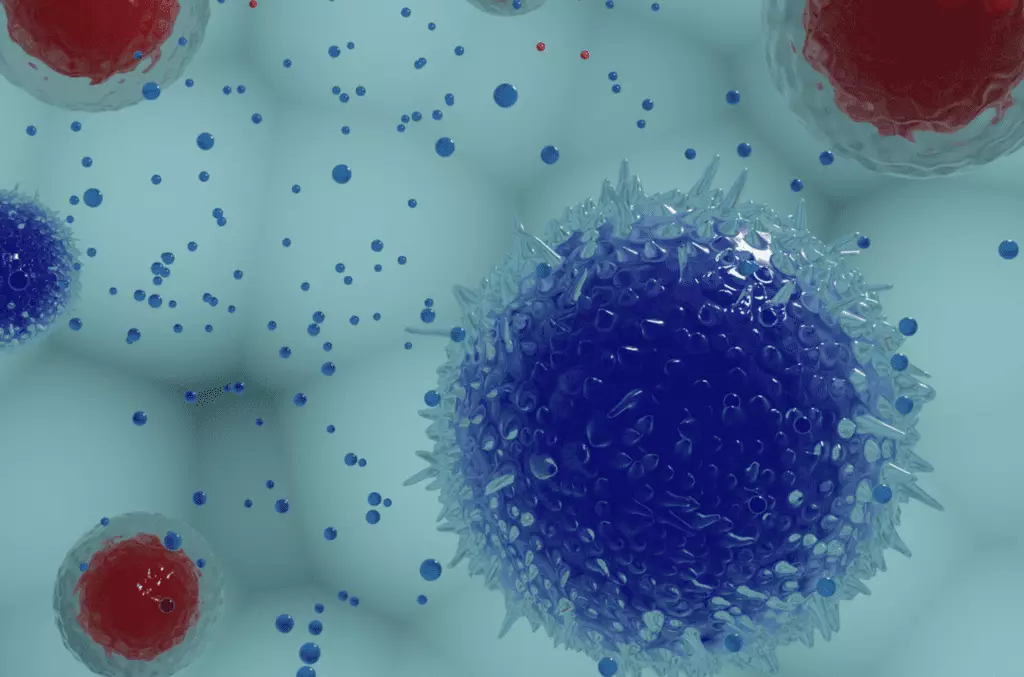
Hair loss specialists had discovered exosomes' regenerative properties and learned that when injected into the scalp, exosomes showed positive results on hair growth.
While it is not fully understood how exosomes improve hair growth, it is believed that they increase the proliferation of dermal papilla cells, hair matrix cells, and outer root sheath cells as well as may increase the expression of growth factors.
The bottom line is they seemed to be helping people regrow healthier hair. The bonus was people only needed one treatment to reap the benefits. Which made the excitement over this new discovery easy to understand.
But in May of 2021, the FDA essentially announced that exosomes, and similar products, needed to go through clinical trials before they could be used or sold.
But why silence the buzz and stunt the growth?
Exosomes are harvested from human tissue and go through strict donor screening processes and according to the laboratories that produce them, are purified so that they do not contain any DNA or live cells.
However, exosomes do contain many different biological components including proteins, mRNA, and miRNA, and the FDA is concerned whether exosomes can pass on any diseases or mutations that may have been in the donor cells and not caught in screening. While there were no known examples of this happening, as with any new technology, the FDA wanted to take a cautious approach.
Unfortunately, based on the FDA’s announcement in May 2021, practices should not be using human-based exosomes unless they are part of a clinical trial. If you are offered exosomes, our recommendation would be to request to see the Investigation New Drug Application (IND) which needs to be filed with the FDA to start a clinical trial.
Our expectation is that exosomes will eventually be proven safe to use and hopefully in the next few years will be available for the treatment of hair loss. However, until the clinical trials are completed, our recommendation for patients is to hold off on using them.